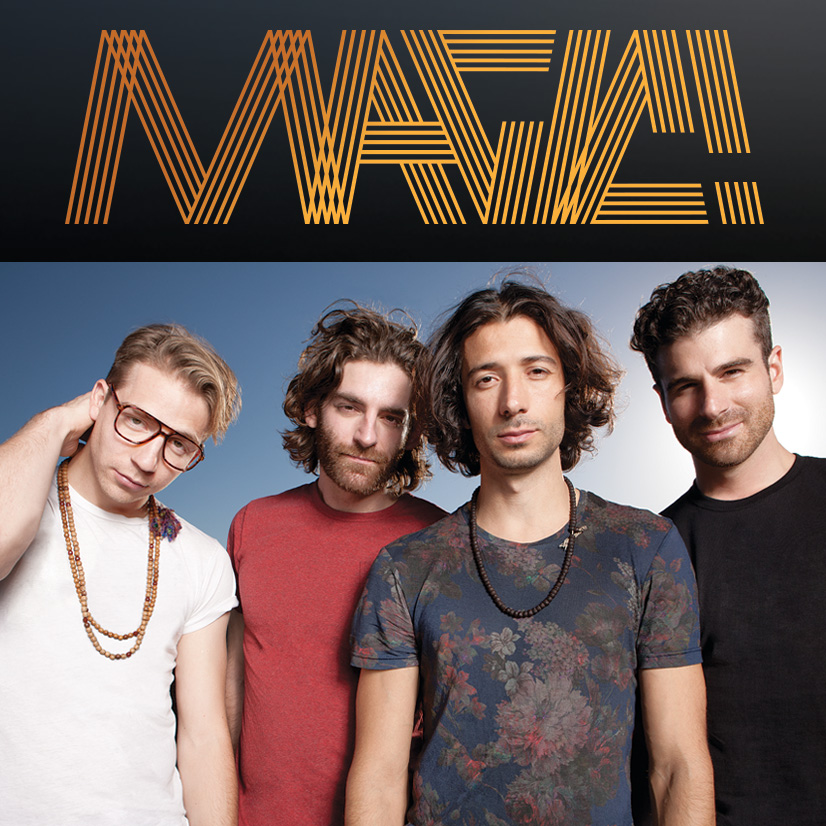
‘Life is Strange’ video game review
By Katie Czenczek, Contributor
In anticipation for the upcoming prequel to Life is Strange, Life is Strange: Before the Storm, it is fitting to go back in time to review the first game in the series.
Based in the small seaside town of Arcadia Bay, Oregon, Life is Strange stars Max, an 18-year-old returning to her hometown only to find that the town that’s seemingly trapped in time has many secrets. Life is Strange is an interactive narrative game where your choices directly affect the storyline, but it has a twist—Max has the ability to rewind time. She discovers her powers as she reunites with her estranged best friend and the town’s teenage delinquent, Chloe Price.
The game’s mechanics help enhance storytelling and provide relatively original ways to play a choice-based game. Although rewinding time may initially appear to lessen the weight of one’s choices, further into the story it is revealed that Max’s powers come with horrific limitations and are not always reliable. This allows the player to connect with Max, because her frustrations parallel yours as you begin to question whether you are doing more harm than good by interfering with time. Being able to rewind time also forces Life is Strange to abandon quick-time events altogether, which is often used in choice-based games to shoehorn in action sequences that are a staple of most games. By using the time reversal mechanic to get around obstacles, the gameplay becomes interactive and is a less traditional form of using puzzles in games.
The story is what stuck out to me the most about Life is Strange. Although the pacing is somewhat slow in the first two episodes, the third and best episode—in my opinion—hits you like a brick wall. If you’ve only played the first two episodes and felt as if they were going nowhere, give the game another chance, because the story does accomplish what it sets out to do. All will be worth it in the end. For those who haven’t played the game and are interested in doing so now, it’s time to move on to the next article. I will be going into major spoiler territory from here on out.
Although the characters are clear-cut tropes at the beginning of the game, all of the characters develop in some shape or form, making initial characters become more likeable—or at least sympathetic—by the end of the story. Chloe and Max’s relationship in particular is what resonated with me the most. There were so many allusions to there being more between these characters than simply best friends, and I was deeply satisfied at the end when, due to my choices, they ended up being together romantically. I also loved that your seemingly minor choices made throughout the game paired Max up with either Chloe or Warren, who is Max’s friend from school. Regardless of who you chose to romance, or whether you kept Max single, her and Chloe’s relationship was so heartbreakingly believable that the ending made me grieve for weeks.
The only problem I had with the story is that there is very clearly one ending that makes sense for the storyline. Choosing to keep Chloe alive provides the player with a rushed ending that does not make sense after all of the world-building reinforcing the idea that no matter what the timeline is, Chloe will die, and if Max chooses to save her, she will be undoing the very fabric of reality. There is no indication that Chloe will not just continue to die over and over again, which would cause Max to have to save her indefinitely. The true and only ending gives depth and wraps up everything you have done leading up to it. The only solace you get is from what Chloe says: “Wherever I end up after this… in whatever reality… all of those moments between us were real, and they’ll always be ours.” Though this ending is harrowing, it is the one that lines up best with Max and Chloe’s prior wishes.
Overall, Life is Strange is a game that I would recommend to anyone, no matter their skill level. This game reminds me about how pivotal our choices are, big or small, and the power we have in that.
